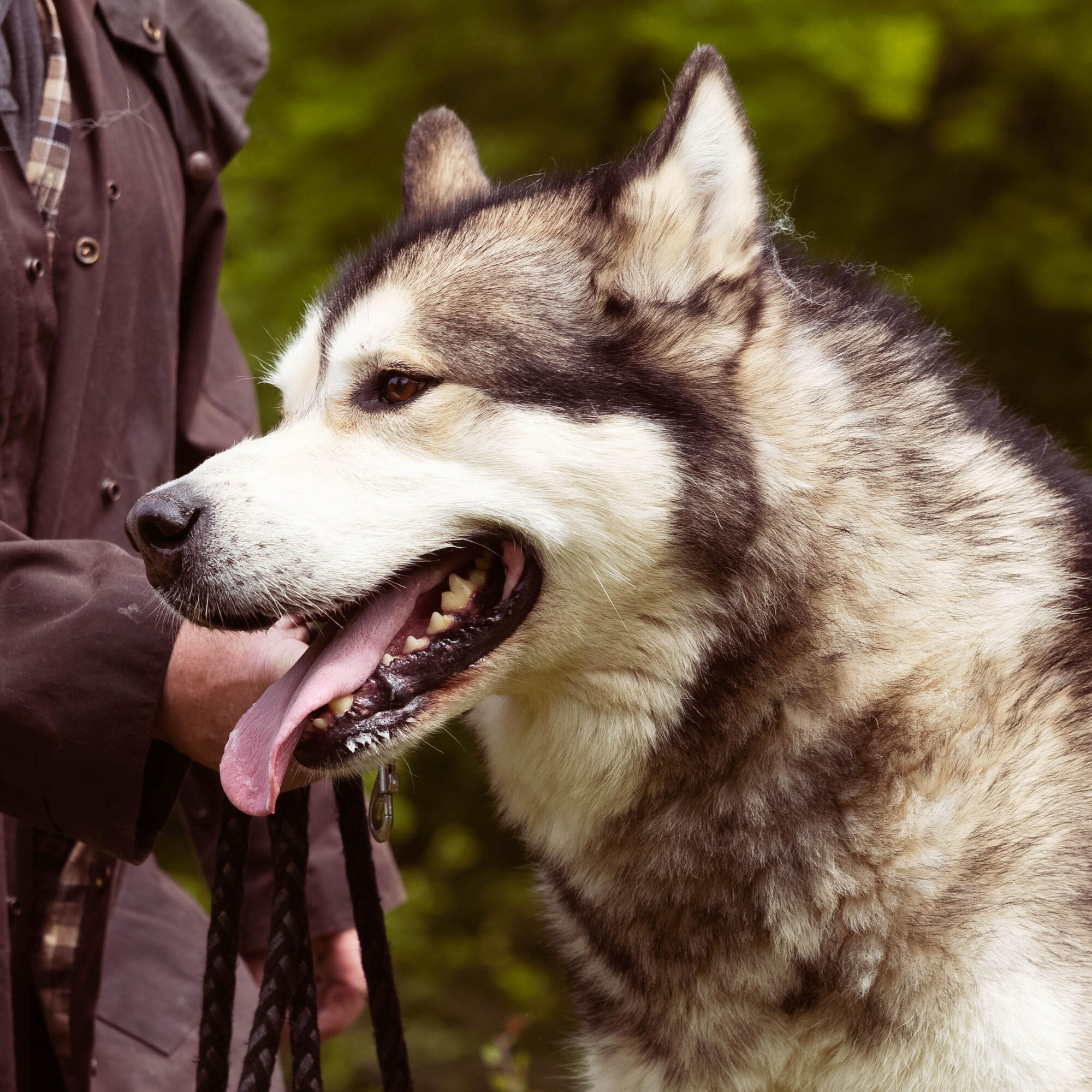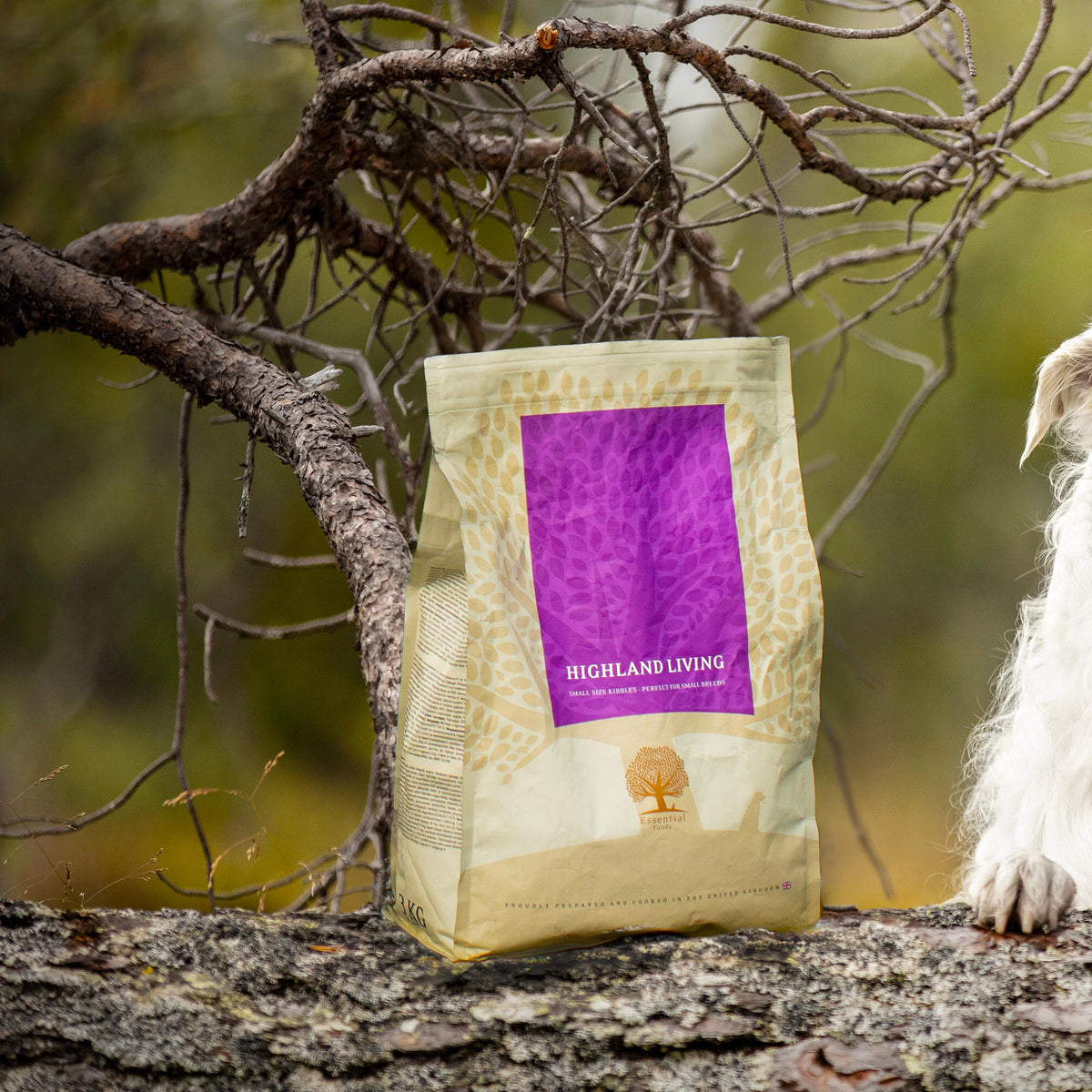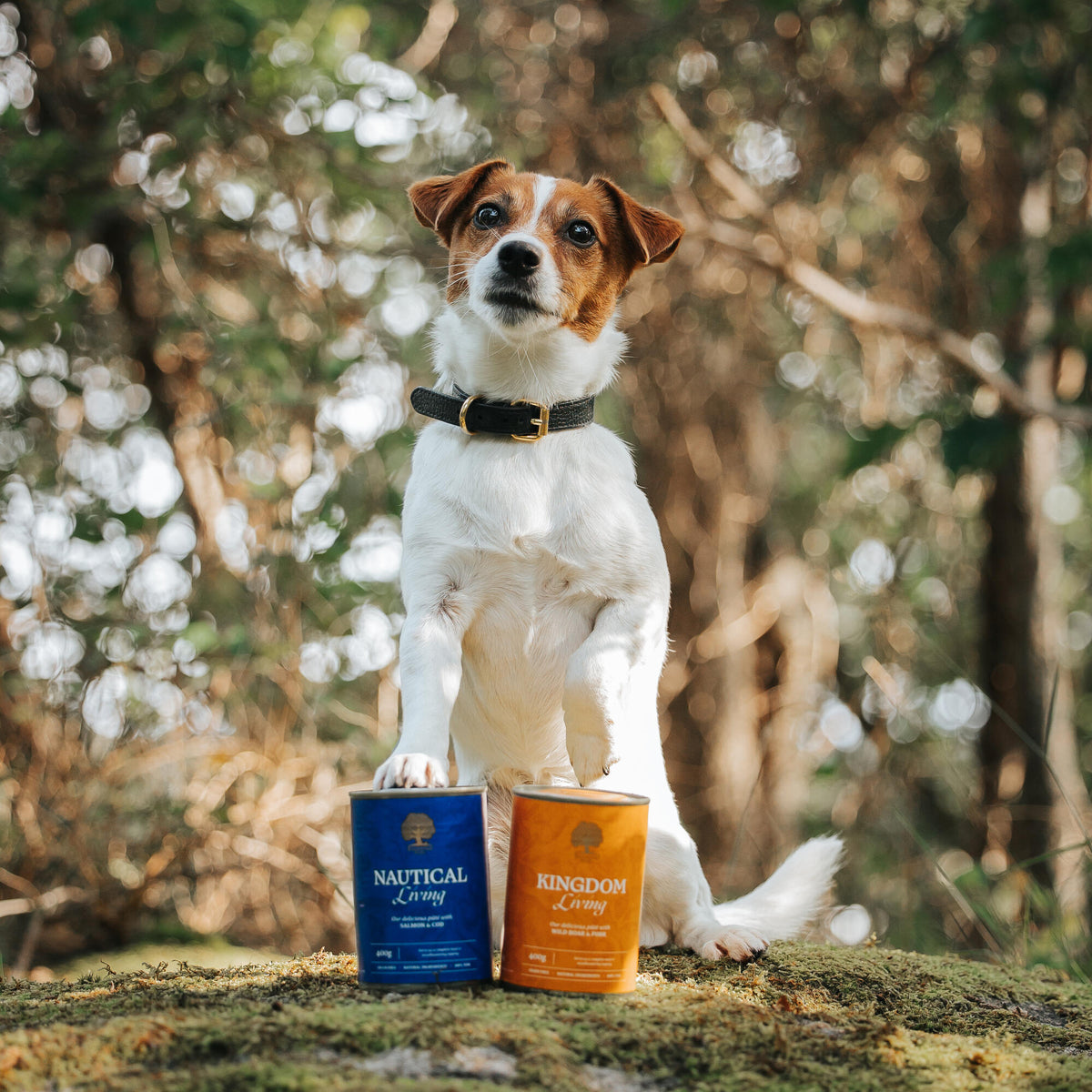Your Cart is Empty

Large breed puppies have unique nutritional needs to support their growth and development. As responsible pet owners, it's crucial to provide them with the best dog food options available. In this article, we'll explore the benefits of natural dog food, grain-free dog food, and dry dog food for large breed puppies, with a conclusion that Essentials Large Breed Dog Food stands out as the top choice.
Large breed puppies, such as Golden Retrievers, Great Danes, and Labrador Retrievers, have specific dietary requirements due to their rapid growth and potential for skeletal issues. These puppies require a diet rich in essential nutrients to support their bone and muscle development.
Natural dog food is made with high-quality ingredients, free from artificial additives and preservatives. It provides large breed puppies with essential nutrients without unnecessary fillers, promoting overall health and well-being. Ingredients such as real meat, fruits, and vegetables offer a balanced diet for optimal growth.
Grain-free dog food eliminates common allergens such as wheat, corn, and soy, which can cause digestive issues in some large breed puppies. By opting for grain-free options, pet owners can reduce the risk of food sensitivities and promote better digestion. Grain-free formulas often include alternative sources of carbohydrates, such as sweet potatoes or peas, which are easier for puppies to digest.
Dry dog food is convenient and cost-effective, making it a popular choice for large breed puppy owners. Look for formulas specifically designed for large breed puppies, ensuring they receive the right balance of protein, fat, and carbohydrates. Dry dog food helps to maintain dental health by reducing plaque and tartar buildup, promoting healthy teeth and gums.
When selecting dog food for large breed puppies, several factors should be considered:
As large breed puppies grow, their nutritional needs will change. It's essential to transition them to adult dog food gradually, typically around 12-18 months of age.
When feeding large breed puppies, avoid the following common mistakes:
In conclusion, providing the best dog food for large breed puppies is essential for their overall health and well-being. After careful consideration, Essentials Large Breed Dog Food emerges as the top choice, offering a grain-free, natural formula tailored to meet the unique nutritional needs of large breed puppies. With its high-quality ingredients and commitment to optimal nutrition, Essentials Large Breed Dog Food ensures that your puppy receives the best start in life.


